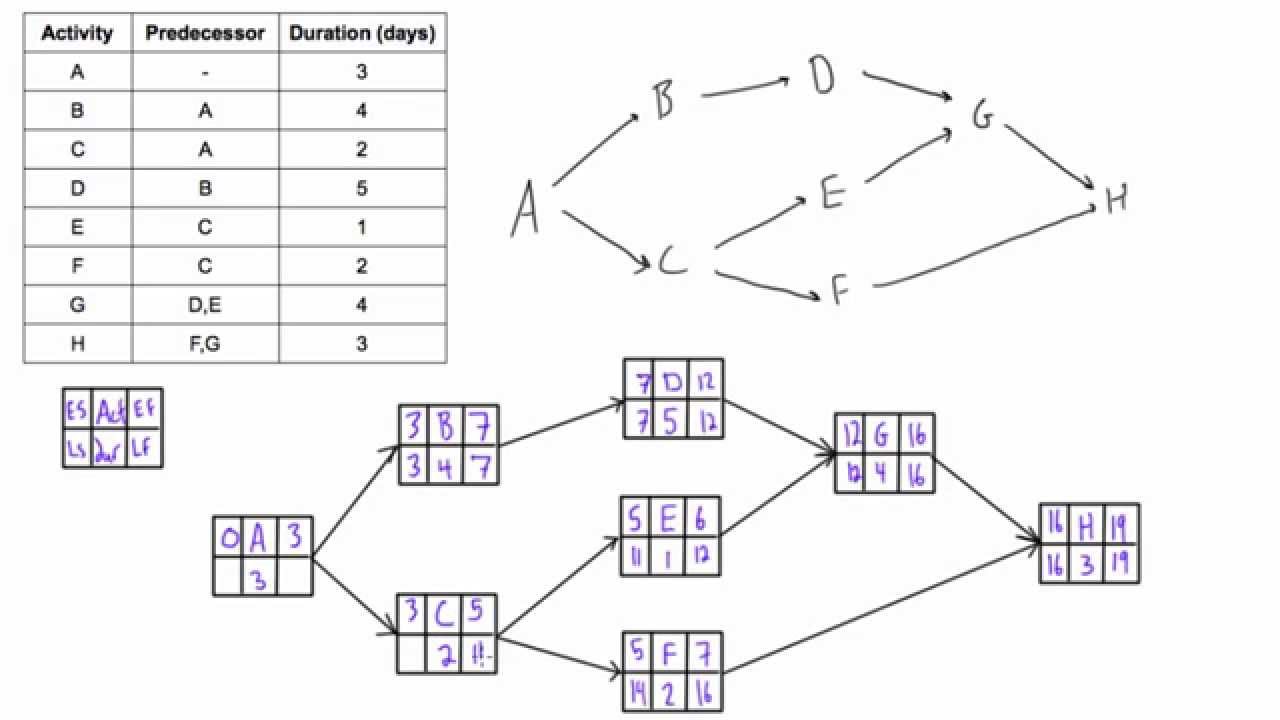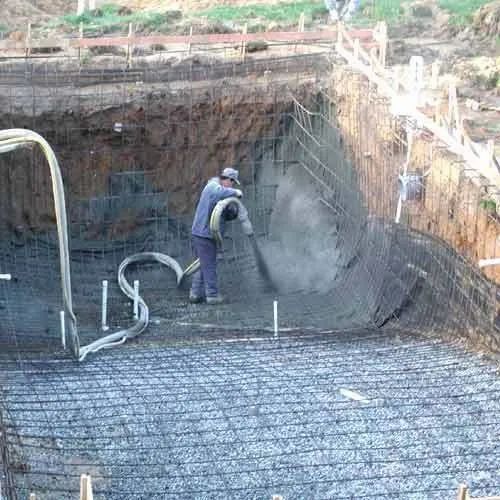
For mounting structures, a PV contractor may be required. These structures will support panels and shingles. These structures will connect the electrical components to the existing electrical systems. In some cases, they may need to construct the mounting device themselves. This job requires education and specialized skills.
Job description
A PV installer is responsible for providing environmentally-friendly energy. This job requires knowledge of solar energy, construction skills, and good hand-eye coordination. You must also be able to lift heavy equipment. Many installations are done outside and on rooftops. This poses the risk of electrocution and falling. The job is specialized and requires training at both community colleges as well as trade schools.
An installer of PV panels is responsible for choosing the right solar panels and grounding them. They also ensure the safety of the equipment. They must also make sure that the system is installed according to codes and safety standards. Most PV installers work outdoors, so the physical demands are high. They must have a good understanding of safety and electrical systems in order to protect their clients. To ensure that the job is done correctly, they may collaborate with other installers.

To become a PV installer, you need to have a high school diploma or specialized training in the field. Many technical schools offer training for solar energy technology. These programs may take up to a year to complete. On-the job training and apprenticeships are also possible.
Education requirements
While the educational requirements for PV installers are different depending on where they work, in general an installer should have at least a high-school diploma. Some employers prefer candidates with technical training. Installers of PV need to have a good understanding of the various tools used and some knowledge of grounding and wiring.
There are many online courses that teach PV installers. These courses cover the basics of PV system components, site analysis, and application types. You should search for online courses as well as hands-on training. Some even include the exam fee as part of the course price. Once the student completes the training course, he/she should apply to NABCEP for certification.
Most employers require a high school diploma or equivalent, although some candidates choose to pursue courses at trade schools or community colleges. Courses cover everything from basic safety to PV knowledge and solar system design. Candidates with previous experience in construction will find online courses especially useful. Some choose to learn on the job under the guidance of an experienced installer. This can take anywhere from six months to one year.

Salary
The skills and experience of the PV installer will determine the salary. The position may require workers to work alone or in teams. Team members may include other installers, roofers, electricians, and other construction-specific occupations. Installers of solar panels will often require a high level of detail and some electrical and mechanical skills.
Many PV installers are trained through community colleges and trade schools. The training programs include topics like system design and safety. Course lengths range from a few months to a year. Even for people with no construction experience, online courses are beneficial. Some PV installers are able to learn on the spot. On-the-job training typically lasts from one month to one year, and it includes training in safety procedures, tools, and PV system installation techniques.
The salary of a solar photovoltaic installer is much higher than for other occupations. A solar photovoltaic electrician earns on average $47670 per annum. This is almost the same salary as the average salary earned by construction trade workers. The average annual wage in all occupations, however, is $46,670.
FAQ
How can I get service contract agreements?
A standard form for SCA can be obtained at your local government. You can also use our online quote generator for more information and send us your details to receive further information.
Is a service agreement a warranty?
A service contract is not a guarantee. It is an agreement between 2 parties to exchange goods. If the product does not work as promised, the customer agrees pay for repair or replacement. This type contract is also known to be called a maintenance agreement.
Can I cancel my contracted at any moment?
Yes. But you must do this within 14 calendar days of signing your contract. You can usually end your contract by notifying the contractor in writing at least 7 days before the contract's expiration date. However, if you don't give enough notice, you may still owe the contractor money for work already carried out.
What happens if one of the parties doesn't accept their side?
The law allows you to sue the other party for damages if you don't fulfill your agreement. Damages are the amount owed, plus interest, court costs, legal fees.
Is there anything I must sign before I can begin work?
Yes, the SCA must be signed in both cases. This means that either party cannot change their mind after signing the SCA without the consenting party.
What does my SCA include?
Your SCA will detail the scope of work, including the time it will take, how many materials are needed, what equipment is required, and whether special permits are necessary.
Statistics
- (1) Except as provided in paragraphs (a)(4) and (a)(8) of this section, if the estimated amount of the contract or subcontract is $10 million or more, the contracting officer shall request clearance from the appropriate OFCCP regional office before- (acquisition.gov)
- Depending on the client's trustworthiness and financial stability, a deposit is usually 10 to 50% of the total contract amount. (lawdepot.com)
- (d) Contractor disputes related to compliance with its obligation shall be handled according to the rules, regulations, and relevant orders of the Secretary of Labor (see 41 CFR60-1.1). (acquisition.gov)
- Don't take their anger personally, they are mad about the situation 99% of the time. (activatemylicense.com)
- (3) The contracting officer may provide for a contract price adjustment based solely on a percentage rate determined by the contracting officer using a published economic indicator incorporated into the solicitation and resulting contract. (acquisition.gov)
External Links
How To
What should a service agreement include?
Service agreements (SAs) are essential for any business relationship. It will outline what you expect and how it will be achieved. The SA also defines when and where you expect the other party to deliver on its contractual obligations.
Here are the essential elements to a successful SA
-
Both parties must agree on the scope and required services.
-
Details about the payment terms.
-
An agreed price for the project.
-
Additional costs, such as VAT, etc.
-
Discuss any other matters.
-
Who will be held responsible for any problems that may arise on the job?
-
How disputes will be resolved.
-
What happens if one party breaches the contract.
-
What happens in the event of a dispute.
-
When does this contract go into effect
-
What happens if a party doesn't perform.
-
How long can you wait to pay invoices
-
Who pays for things like travel expenses.
-
Where the money comes.
-
What happens if the client decides to change his mind about the project.
-
What happens if your supplier doesn't show up?
-
Who has access during construction to the site?
-
What happens if the customer cancels?
-
What happens if the product fails?
-
What happens if the manufacturer refuses to supply parts.
-
What happens if the equipment breaks down.
-
What happens if the project takes more time than anticipated?
-
What happens if you don't complete the work within the set timeframe?
-
What happens if the project is not up to standard?
-
What happens if the cost overruns.
-
What happens when the materials are not delivered in time?
-
What happens if the material arrives damaged.
-
What happens when the products don't meet standards?
-
What happens if the job is canceled before completion.
-
What happens if the business goes under?